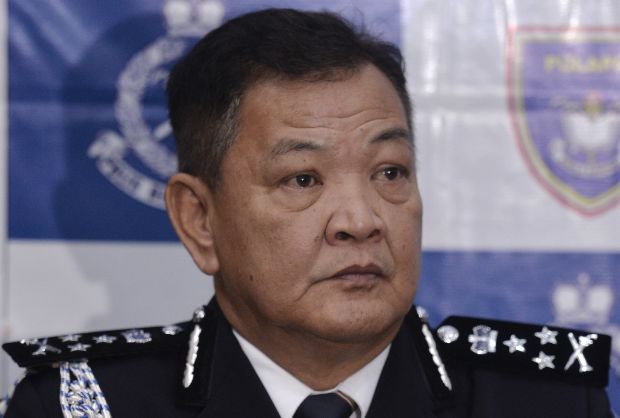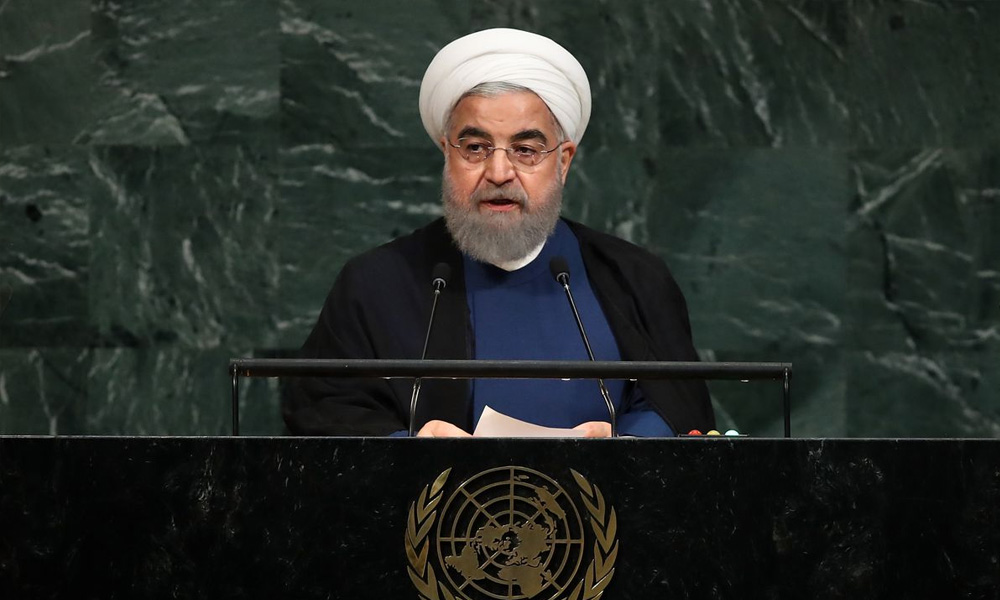
Published by The Star, image from The Star.
NEW Inspector-General of Police (IGP) Datuk Seri Abdul Hamid Bador gave us all a strong ray of hope on his very first day of the job when he stated his support for the Independent Police Complaints and Misconduct Commission (IPCMC), while also committing to make sure that it serves the interests of both the police and the public.
This win-win attitude is indeed the best approach to take, and hopefully the IGP’s inclusive stance will set the tone for his two-year term and begin the process of building some badly needed bridges.
As the IGP takes a step towards meeting in the middle, perhaps the rest of civil society can look to do the same.
I read with some interest the concerns of the Retired Police Officers Association of Malaysia (Respa).
Some of these concerns appear at least on the surface to be fairly reasonable and deserving of attention.
The clearest example appears to be Clause 45 of the IPCMC Bill, which states that any sentence or punishment by the IPCMC is final and cannot be challenged, appealed, studied, cancelled or brought to court.
As an instrument of justice, it would seem a good thing if the IPCMC was in line with norms of the judicial process.
Assuming we succeed in our endeavour to build a judicial system that has impeccable integrity at its core, why should there be any reluctance to allow judgements of the IPCMC to be reviewed in a court of law?
Among the many objections to laws like the Internal Security Act was the fact that the use of these draconian laws was not subject to judicial review.
If we believe in access to judicial review as a human right applicable in almost all cases, surely police officers – who are themselves citizens with human rights – must be able to avail themselves of that right as well?
Respa pointed out that Clauses 57 and 58 of the Bill grant absolute power to the IPCMC to take over investigations from the IGP, and empower the IPCMC to give orders regarding or to stop any police investigation.
These clauses are probably a little less clear-cut. On the one hand, the IPCMC should indeed be empowered to helm certain investigations in which members of the police force themselves are being investigated.
At the same time, perhaps allowing for parallel investigations is not completely unfeasible, as long as it can be guaranteed that these investigations do not interfere with one another, and that IPCMC investigations into police misconduct are given a degree of precedence.
While I’m sure not everyone will agree, the best way forward seems to me to de-emphasise confrontation and discourage actions that can lead to siege mentalities.
It is probably most effective not to treat the police as if they are predominantly bad people who owe us a great deal.
No one denies there are bad apples that cause serious problems that need equally serious solutions, or the need for institutional reform as a whole.
At the same time, we must acknowledge good apples, and look to engage them as effectively as possible in pursuit of the same goal.
It is probably also worthwhile to remember the nature of policing, and the many sacrifices and risks it involves on the part of the police.
An effective IPCMC will likely be the result of constructive stakeholder engagement, and significant buy-in from the police themselves.
As the police rank and file are likely to be naturally inclined against the IPCMC, any movement towards the centre should be reciprocated.
The suggestion by Respa that the IPCMC be eliminated completely in favour of the in-house Police Commission does not seem ultimately feasible, as it does not solve the original, core problem of only allowing the police to investigate themselves.
This does not mean that some of their concerns are not valid.
There are some good early indicators regarding moving to the middle, as co-chair of the Bar Council’s taskforce on the IPCMC, M. Ramachelvam, looked to assuage some fears of the police.
A softer tone however, would likely go a longer way. If there are plans for instance, to allow for judicial review, perhaps this should be communicated specifically in public, as part of the overall discussion.
Also, if it is merely a question of the “brand” that the name IPCMC carries, let us also remember that a rose by any other name would smell as sweet. Ultimately, the commission can be named anything at all, as long as its core functions are retained.
Nathaniel Tan is Director of Media & Communications at EMIR Research, an independent think-tank focused on strategic policy recommendations based upon rigorous research.

